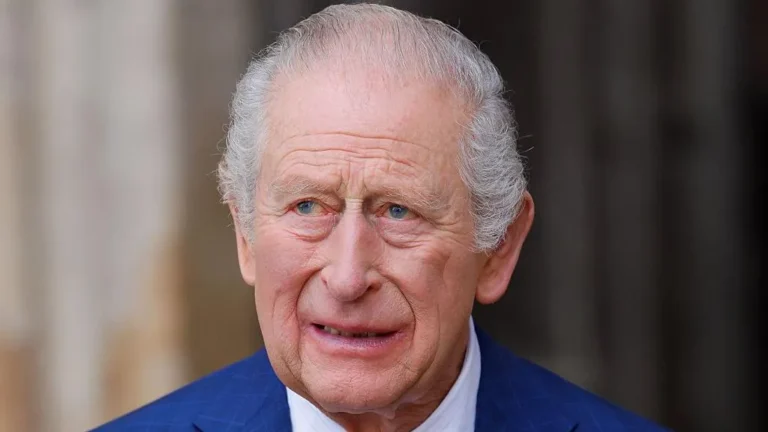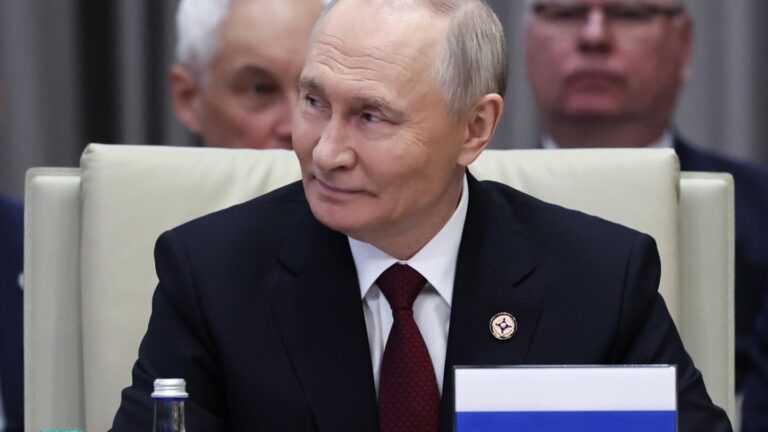
The United States carried out a lethal strike on Tuesday against a vessel in international waters in the eastern Pacific Ocean, killing two individuals, officials said. U.S. Defence Secretary Pete Hegseth announced the operation, noting the vessel was “transiting along a known narco-trafficking route and carrying narcotics,” an action carried out at the direction of Donald Trump. The attack marks yet another salvo in Washington’s escalating maritime campaign against suspected drug-smuggling networks.
Sharp Escalation in Maritime Campaign
The strike brings the total number of reported deaths in this series of maritime operations to at least 66 across 16 separate vessel strikes. These actions began earlier this year and have primarily taken place in the Caribbean and eastern Pacific. The U.S. military released an 18-second video clip showing a vessel struck and engulfed in flames; however, no detailed evidence of the cargo or the identities of those aboard has been publicly disclosed.

Hegseth characterised the victims as “male narco-terrorists” and emphasised that no U.S. forces were harmed during the operation. The administration framed the campaign as a necessary defence of the U.S. homeland, declaring “we will find and terminate EVERY vessel with the intention of trafficking drugs to America.” Critics however question the legal basis for such strikes in international waters and the transparency of the evidence underlying them.
Strategic Signals and Legal Implications
This latest strike coincides with a substantial U.S. naval build-up in the region, notably involving the aircraft carrier USS Gerald R. Ford deploying toward the Caribbean as part of an expanded military posture in Latin America. The positioning underscores the administration’s increasingly aggressive approach to maritime counter-narcotics operations.
READ ALSO: Driver injures five in deliberate car attack on French island
At the same time, legal and human-rights experts warn that using lethal force in this manner without disclosed judicial oversight or publicly verified evidence of the vessels’ involvement in trafficking risks crossing into the territory of extrajudicial killings. Governments in Latin America and the United Nations have expressed concern, urging greater clarity on how targets are selected and the chain of accountability.
As the campaign continues, the dual questions of operational effectiveness and legal legitimacy remain centre stage, casting this maritime push as a hallmark of the Trump administration’s hard-line posture on narcotics trade and cartel networks.




